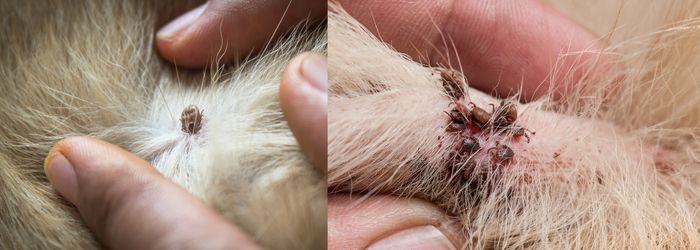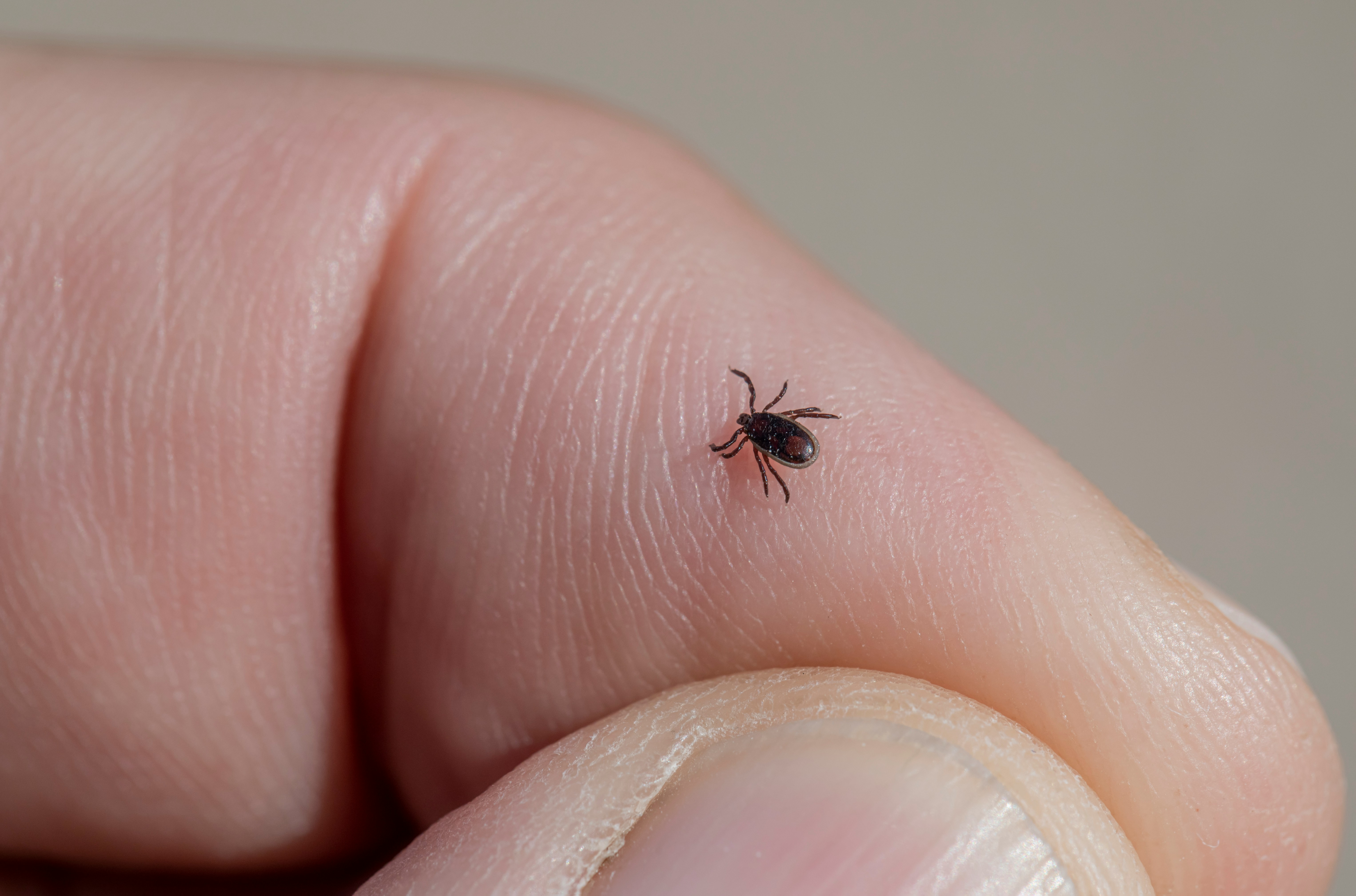Time to Check for Ticks

Warmer weather has arrived and with it comes ticks. Southwest Nebraska Public Health Department (SWNPHD) would like to remind everyone to stay safe from tick bites that can spread disease to humans. Diseases carried by ticks in southwest Nebraska are: Rocky Mountain Spotted Fever, Tularemia, and Ehrlichiosis. Although there are ticks that carry Lyme Disease in other areas of Nebraska, these ticks have not been found in southwest Nebraska.
It is a good idea to take preventive measures against ticks year-round, but especially in warmer months when ticks are most active. Some suggestions include:
- Use repellents that contain 20-30% DEET on exposed skin and clothing for protection that lasts up to several hours. Always check the label for proper use instructions.
- Parents should apply DEET products to their children, avoiding hands, eyes, and mouth.
- Use products that contain permethrin on clothing, gear, and tents.
- Avoid wooded and brushy areas with high grass and leaf litter.
- Check for ticks after coming in from outside, especially from wooded areas or areas with long grass or tall weeds.
- Wash clothes right away and put them into a dryer on the hottest setting to kill any hidden ticks that remain.
- Mow lawns regularly, remove leaf litter or brush, and prune low-lying bushes to let in more sunlight.
- Keep woodpiles in sunny areas off the ground.

